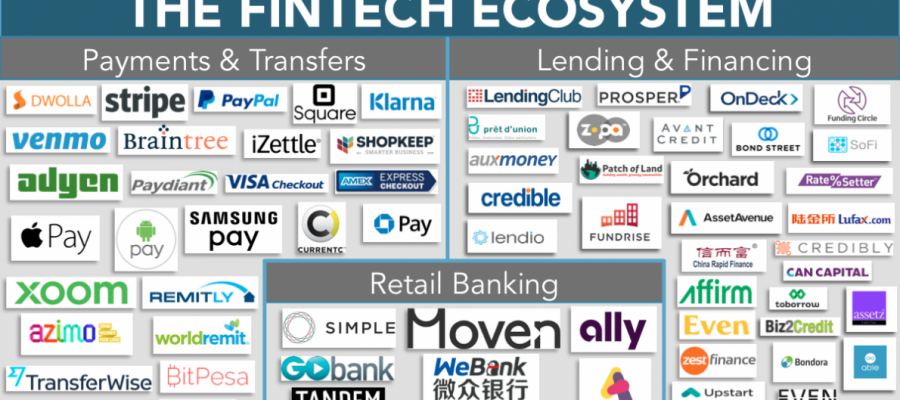With fewer transactions being paid for with cash or even checks and with the increase in online shopping, it’s important you understand your choices when it comes to using credit or debit cards to pay for your purchases. While they seem similar in many ways, there are fundamental differences.
Every time you use a credit card, you are borrowing somebody else’s money. You don’t need to have the money on deposit in an account to back up your purchase. The financial institution that issued your card pays the merchant, and you pay back your institution according to the terms of your agreement. Sometimes this means paying the balance in full each month, but more often it means only paying a small percentage of the outstanding balance.
A debit card works quite differently. Your debit card is linked to a bank account. Every time you use your debit card to make a purchase, the money is automatically deducted from the bank account it is linked to. If you don’t have the money in your account, then you are unable to make the purchase. You are essentially paying cash without having to actually carry the cash. This provides consumers with a means of making online purchases without having to use a credit card.
Often the answer to whether credit or debit cards are a better choice boils down to your feelings about debt. Credit card proponents like the fact that using credit cards does not require you to have the money in an account at the time of the purchase, that you are leveraging somebody else’s money, and that with most cards you don’t have to pay the balance in full when you get your monthly bill. There are, however, finance charges that apply if the balance is not paid in full each month as well as late fees and penalties if payments are not made on time. Many credit cards also offer some sort of rewards or cash back feature (debit cards don’t), and you have protection against fraud for purchases made with your card.
Advocates of debit cards are often those who prefer avoiding debt. They like the fact that using one is virtually the same as paying cash. The funds to pay for the purchase must be in your bank account at the time of the purchase or the purchase is not approved. There are no monthly bills to be paid and no finance charges. While some argue that credit cards offer better protections against fraud, this is not necessarily true. Debit cards backed by Visa or MasterCard, for example, carry the same policy regarding unauthorized charges as their credit cards do. Debit advocates would also argue that the odds of credit card users running up huge debt tips the scales in favor of debit cards.


